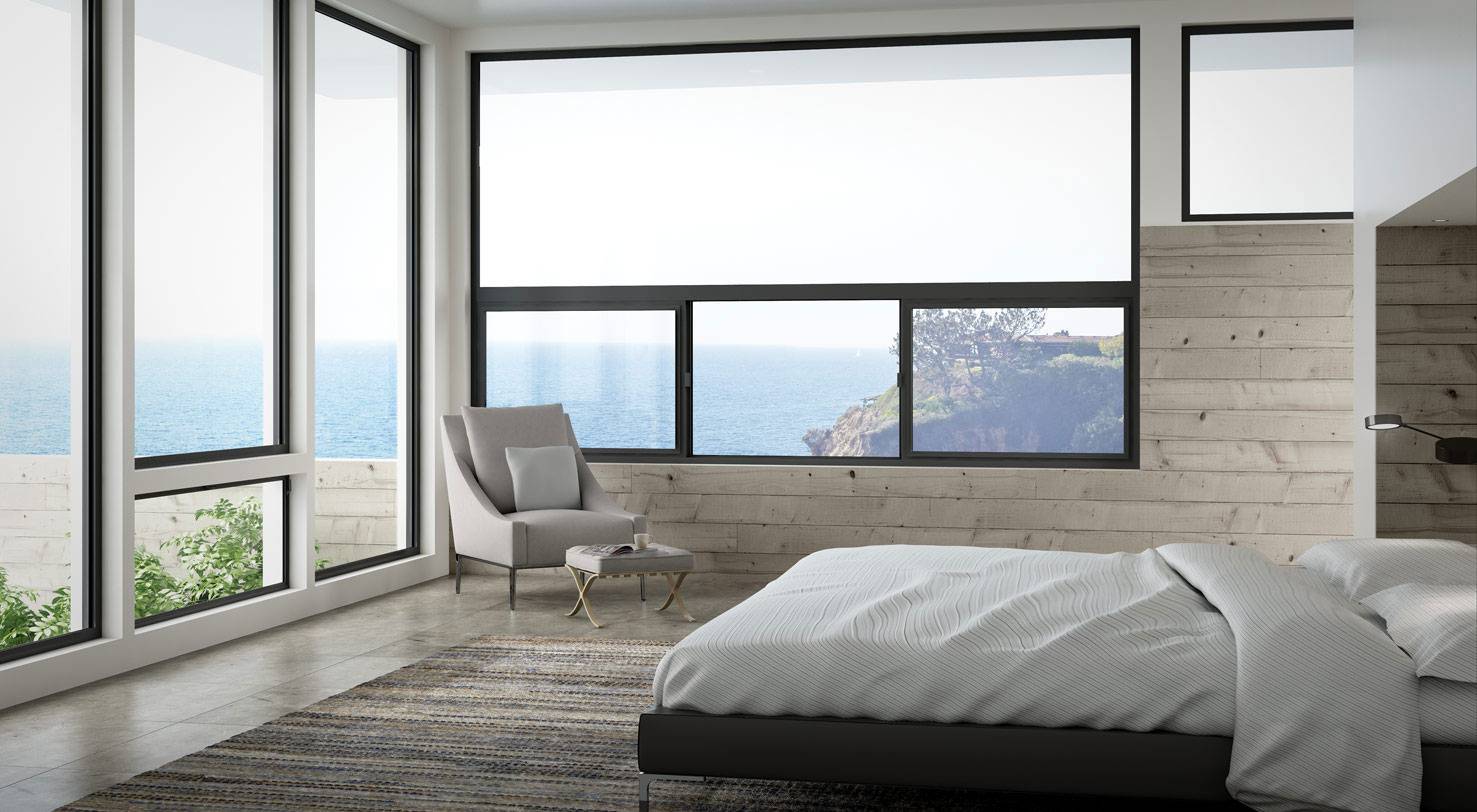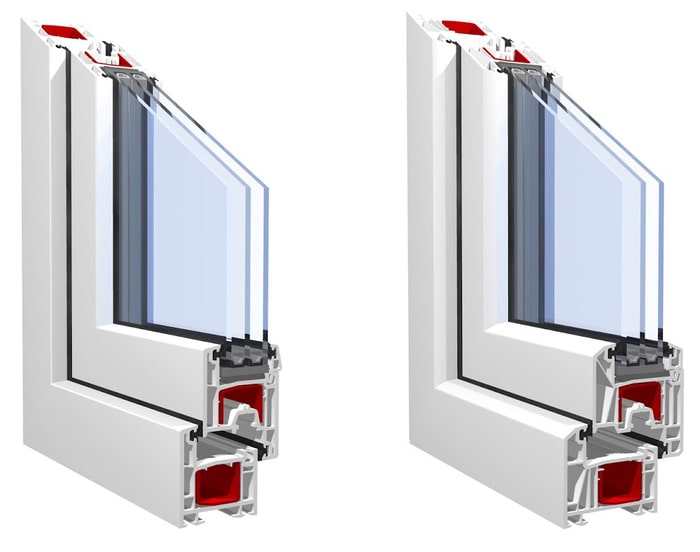All Categories
Featured
Table of Contents
A Complete Guide To Double Glazed Windows in Piesse Brook Western Australia
Laminated glass is frequently used in locations in the home most prone to injury from human impact such as bathrooms, doors, around staircases and in areas near the flooring (it satisfies the requirements of 'security glass' that is mandated for use in these locations by Australian Standard AS 1288 Glass in structures).
Toughened glass has been 'tempered' by being reheated and rapidly cooled again. This procedure makes it much stronger than standard glass it can withstand higher impact loads before breaking. It also makes it safer because, when it does shatter, it gets into numerous little cubic pieces instead of hazardous fragments.
Keeping Your House Cool In The Summer in Upper Swan Western Australia
Nevertheless, toughened glass has no thermal or acoustic advantages over other glass of the exact same toning or thickness. Secondary glazing is where single-glazed windows are retrofitted with a transparent acrylic or glass sheet connected to the inside of the frame or openable sash with a secondary frame or with magnetic strips.


Secondary glazing will not carry out as well thermally as a made IGU, given that it is impossible to totally seal the border, however it can offer good sound control. Window movies are a thin polymer movie containing an absorbing dye or reflective metal layer, with an adhesive backing. They stay with your glazing to alter its colour or make it reflective.
Single Vs Double Vs Triple - Which Window Is Right For Your ... in Mosman Park WA
Applied to existing glass, some window films can halve the overall SHGC of the window by absorbing and/or reflecting solar radiation. This can be particularly useful in hotter climates where cooling is the primary concern, or on east and west elevations straight exposed to long periods of sunlight. However, window films may also decrease noticeable light transmittance.

For this factor, it is usually best to use a recognized installer of window movie. Frames have a significant effect on the thermal efficiency of doors and windows, because energy can be acquired and lost through the frame, in addition to through the glass. Various kinds of frame will allow various levels of heat gain and loss, so cautious option of frame is very important for effective passive design.
Faq in Daglish WA
Aluminium is also a really good conductor of heat and will decrease the insulating value of a glazing system, unless particularly engineered to lower this. A 'thermally broken' frame is comprised of 2 aluminium sections connected by a structural insulator (normally a low-conductivity structural polymer). This 'breaks' the thermal connection through the aluminium and minimizes the heat streaming through the frame.
They can be expensive, however rates are decreasing as they become more typical. Wood frames are a good natural insulator that can match some home designs. Lumber frames ought to be made from types that have naturally high resilience or be treated to prevent decay and contortion. Check that the lumber is sourced from a sustainably managed forest.
Which Double Glazing Company Is The Best? in Bayswater WA
(weather condition removing) is set up.
u, PVC doors and windows have exceptional thermal performance Picture: Ben Wrigley (Light House Architecture and Science) Composite frames utilize aluminium profiles on the external areas with either a wood or u, PVC inner section. These combine the low maintenance and toughness of aluminium with much improved thermal performance.
Table of Contents
Latest Posts
Energy Efficient Windows At Everest in Lakes Perth
Single Vs Double Vs Triple - Which Window Is Right For Your ... in South Fremantle Western Australia
How Are Double Glazed Windows More Energy Efficient? in Safety Bay Western Australia
More
Latest Posts
Energy Efficient Windows At Everest in Lakes Perth
Single Vs Double Vs Triple - Which Window Is Right For Your ... in South Fremantle Western Australia
How Are Double Glazed Windows More Energy Efficient? in Safety Bay Western Australia